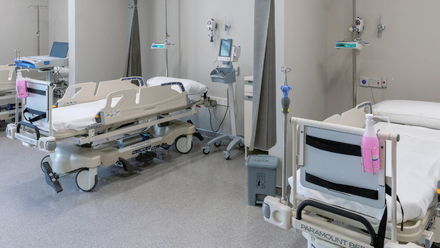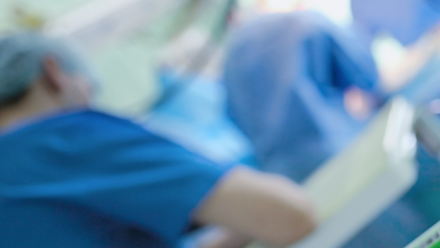COVID-19: Now is not the time to become complacent
We are delighted to see the reduction in the number of cases of SARS-CoV-2 infection occurring in the United Kingdom in recent weeks, with currently 1 in 1900 people in the UK having coronavirus infection (Office for National Statistics – COVID-19 Infection Survey).
The rate of hospital, ICU admissions and deaths has fallen in line with the lower prevalence in the population. The fall in death rates is not due to changes in medical care or any known presence of widespread immunity to the virus. Although we do not fully understand all the mechanisms relevant to this new disease, on current data only 6.3% of those aged over 16 have detectable antibodies in their blood.
The falls in infections and deaths are not due to the virus becoming any less infectious or lethal but due to the UK public willingly taking steps to reduce viral transmission during and after lockdown, including social distancing, wearing face coverings, and hand hygiene. Everyone in the UK who has played their part in this deserves credit for saving lives and allowing the NHS to resume its wider role in treating all illness. Warmer weather may also have helped, for a variety of reasons.
So, as winter approaches, we cannot be complacent. If we are, the result may be a similar peak in admission and deaths from COVID-19 as that seen in spring 2020. Even now (07 August 2020), the nationwide R value is 0.8-1.0, and >1 in several UK regions- when exponential growth in viral transmission occurs. Any increase in winter COVID-19 hospital admissions would coincide with usual peak demand for NHS services, and at a time when efforts are being made to address the backlog in non-COVID-19 care that followed the suspension of many clinical services in Spring 2020.
We also know that the first wave of COVID-19 infection has left many people with long-lasting health problems and rehabilitation needs (“Long COVID”), which will put additional load on the system as we head into this winter.
We strongly urge the public not to drop their guard. This will be hard - especially in a season which traditionally sees families, friends and colleagues congregate and celebrate. But if we continue to behave with due care, we may well see a double gain: fewer cases not only of COVID-19, but of the many other diseases (such as bad colds and ‘flu) that are transmitted in just the same way. This can be helped further by all of us who are eligible getting vaccinated against influenza.
For now, it is true that some hospitals have more empty beds than usual. There are challenges to delivering a service in the COVID-19 era and ensuring that hospitals are safe places does introduce limitations. But they are safe and the NHS is open for business - we urge anyone with significant and concerning symptoms for any health condition, to seek help as they would normally.
The Society has a range of intensive care professionals on hand to discuss this matter further.
1Academy of Medical Sciences “Preparing for a challenging winter 2020/21” report
2Government Office for Science and Scientific Advisory Group for Emergencies



